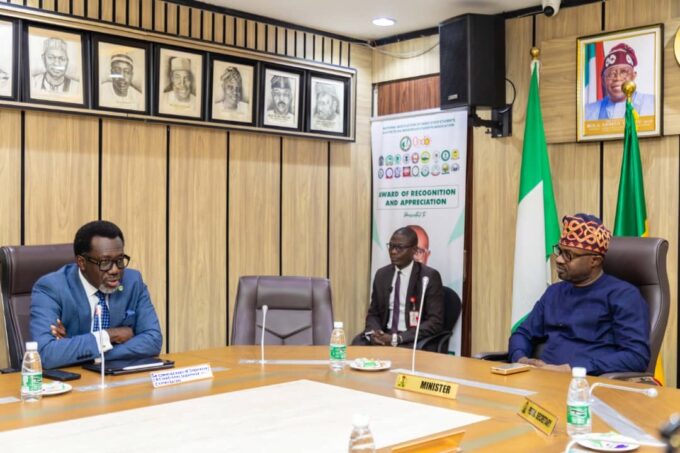The Nigerian Senate has passed the 2024 Nigerian Insurance Industry Reform Bill.
This followed the adoption of the report of the Committee on Banking, Insurance and Other Financial Institutions at plenary on Tuesday.
The report was presented by the Chairman of the Committee, Senator Abiru Adetokunbo (APC-Lagos).
Senator Adetokunbo, while presenting the report, said the bill was read the second time on July 18.
He said the bill sought to essentially consolidate various existing legislations regulating the conduct of insurance businesses in Nigeria.
He listed the legislation to include the Insurance Act 2003, the Marine Insurance Act, the Motor Vehicles Third Party Insurance Act, the National Insurance Corporation Act, and the Nigerian Reinsurance Corporation Act.
According to him, another major objective of the bill was to enable Nigeria to have a better future for itself and the need for a robust legal and regulatory framework that would see the insurance sector contributing positively to the principal objective of financial assistance practices.
He said to make Nigeria, Africa’s financial hub and one of the 20 largest economies in the world, there was a need to involve effective risk-based supervision in the regulatory system.
He said the existing rule-based supervision, enabled by the current laws in the insurance sector had become obsolete.
Senator Adetokunbo said during the public hearing that stakeholders made far-reaching presentations in support of the passage of the bill, adding that the consensus among stakeholders was that laws regulating the industry were obsolete.
He said there was a need to upscale the industry’s potential to compete globally, adding that the current insurance legislations do not resonate with the current dynamics and evolving needs of the Nigerian insurance industry.
“All these legislations have surpassed a two-decade mark, and they lack provisions that can adequately address contemporary challenges and support growth and innovation within the industry,” he said.
According to him, legal obsolescence has led to some of the regulatory inefficiencies in the insurance industry.
“These have also hampered the industry’s ability to successfully compete on a global level.”
He urged the Senate to pass the bill, noting that its passage would help provide a comprehensive legal framework for the regulation and supervision of all manner of insurance initiatives in Nigeria.
He said the passage would help the industry to compete globally.
Contributing, Senator Jimoh Ibrahim (APC Ondo) noted that the provision of the bill on minimum capital requirements for reinsurance business to the tune of N45 billion was not in order, given the current economic situation.
He urged the Senate to consider maintaining the status quo on minimum capital requirements for reinsurance business in the interest of the industry.
Senator Ibrahim’s suggestion for a return to the status quo for the reinsurance business was, however, not endorsed by the Senate during the clause-by-clause consideration.
Deputy President of the Senate, Senator Barau Jibrin (APC-Kano), who presided over the plenary after the passage of the bill, commended the committee for a job well done.
“This Act, when it has the concurrence of the House of Representatives and certainly the assent of Mr. President, will help in shaping our economy for the better.
“All over, whatever it has to do with any economy dynamic economies, change at all times. Therefore, it is incumbent on the authorities of every nation to recraft their legislation to go in tandem with contemporary realities.
“This is what has been done by the passage of this legislation; the intent is to restructure the entire insurance ecosystem in a way that will go in tandem with contemporary realities.
“I am sure the country will benefit from it when the law is eventually assented to,”Senator Barau said.
Source VON











